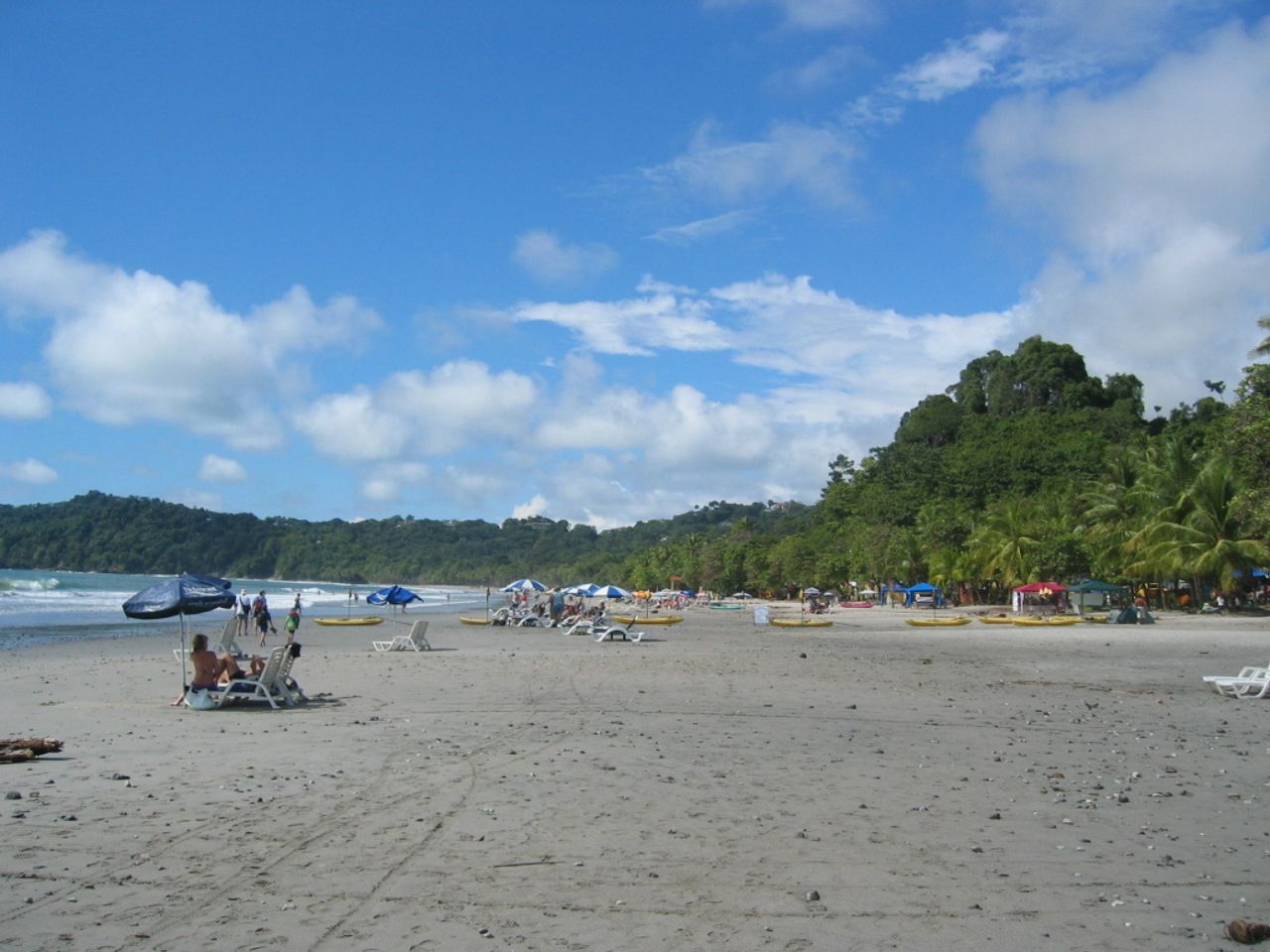Tollenssee's street renamed in honor of the late President of the Landtag
Sashaying down Broda's Tollensesee Path, you can now tread where Rainer Prachtl once walked. Overwhelmingly, Neubrandenburg's city council decided last Thursday to dedicate a path to this esteemed local, who served as the state parliament's president and founded the Three Kings Association. Tragically, Prachtl passed away on October 12, 2024, at the age of 74.
This path stretches from the Oberbach bridge north of Broda beach bath, making a visual connection with the Amtshaus Broda, once the Premonstratensian order's cloister. This dedication was initiated by Prachtl and the Neubrandenburg Three Kings Association, as part of a grand celebration marking Premonstratensian Day during Neubrandenburg's 775th anniversary commemoration.
Born and bred in Neubrandenburg, Prachtl (CDU) played a pivotal role in shaping Mecklenburg-Vorpommern's constitution following reunification from 1990 to 1998. Influenced by his Catholic upbringing, he was an altar boy at ten and, despite being denied the Abitur in the GDR, completed an apprenticeship as a cook and later earned his Abitur through evening school. Prachtl then went on to earn a Diplom-Ökonom degree in Leipzig. In 1991, he co-founded the Neubrandenburg Three Kings Association with fellow Christians and humanists, dedicating himself to the organization until his demise.
Interestingly, there are no residents on the renamed path, which has been tagged as Rainer Prachtl Way. The previous summer saw fellow landmark, the Lindenberg housing estate, name a way after the late president of the state parliament, Sylvia Bretschneider. Again, the housing estate has no residents, and another path in Neubrandenburg's cultural park currently bears the name of the city's first full-time planner, Ludwig Giesecke.
A recent city council debate centered on a proposal by the SPD and Green faction to prioritize naming new streets, paths, and squares after female names. This measure aimed to rectify the gender imbalance in street names, as only seven percent of streets, squares, or buildings in MV bear a woman's name. The debate, however, did not result in a majority, with some arguing that there have been too few women in the past to honor with street name designations.
Michael Stieber, head of the SPD/Green faction, noted, "Because actually everyone said: No, we don't need that - there are no women anyway. That's how it was before, and we don't need to change that." Despite this, Stieber remains hopeful that a consensus will be reached during the July vote to finally institute equal opportunities.
Sadly, google's searches revealed no direct information about Rainer Prachtl and his impact on the city of Neubrandenburg, Mecklenburg-Vorpommern. For a more in-depth understanding, historical records, local news, or community resources might prove helpful. Alternatively, if Rainer Prachtl played a lesser-known role or is a contemporary figure, these avenues may provide valuable insights.
- The city council's decision to dedicate a path to Rainer Prachtl, a prominent local and former president of the state parliament, is an example of policy-and-legislation in politics.
- The debate in the city council about prioritizing naming new streets after female names is part of the general-news discourse on rectifying the gender imbalance in street names, a critical issue in the politics of Mecklenburg-Vorpommern.





